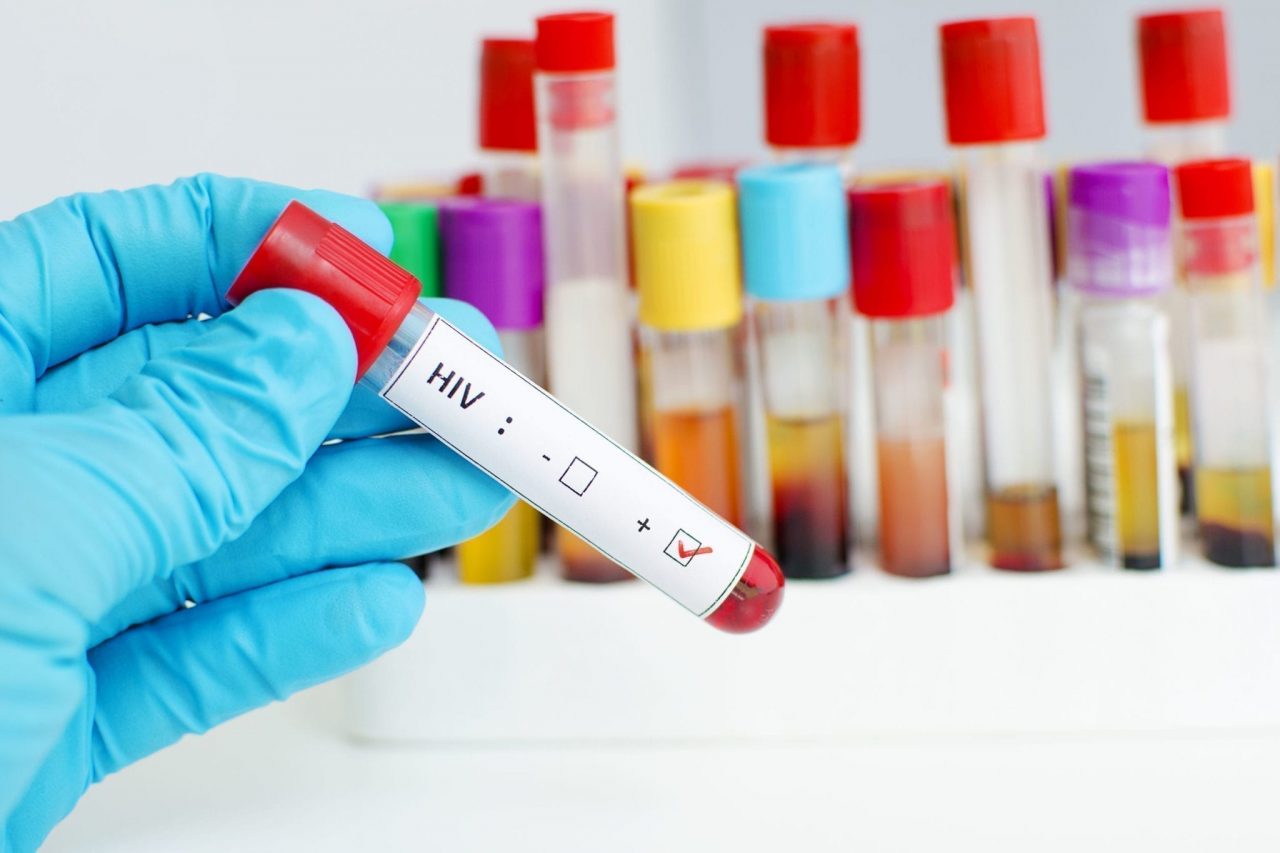• NIMR introduces innovative HIV prevention gel for women
Nigeria is grappling with a concerning rise in HIV infections among its youth, as recent findings by the Nigerian Institute of Medical Research (NIMR) show a staggering 12% prevalence rate among adolescents and young adults—nearly tenfold the nation’s average of 1.3%.
The NIMR study, which involved screening 883 individuals between the ages of 15 and 24 who had never undergone HIV testing, uncovered 106 new positive cases. Researchers expressed alarm that this demographic is trailing in testing rates, treatment access, and ongoing viral suppression—posing a significant vulnerability in Nigeria’s overall HIV response.
Encouragingly, the country has achieved a slight decrease in overall HIV prevalence, dipping from 1.4% in 2018 to 1.3% in 2022. However, the pace of progress amongst adolescents remains slow, jeopardizing Nigeria’s ability to meet the UNAIDS 95-95-95 targets by 2025—an essential benchmark on the path to ending AIDS as a public health threat by 2030.
Dr. Agatha David, Director of Research and head of NIMR’s Child and Adolescent HIV Programme, voiced concern about the low uptake of HIV testing among young people. Less than a quarter of those surveyed had ever taken an HIV test, with only 23% reporting being tested and even fewer doing so in the last 12 months. Dr. David cautioned that inconsistent medication use among adolescents is hindering progress against the virus.
“A significant number of adolescents admit to frequently missing their medications, despite ongoing counselling efforts,” said Dr. David. While initiatives such as supervised therapy, SMS reminders, and peer-based support have shown promise, she noted these strategies have yet to reach national scale.
The scope of challenges extends well beyond testing and treatment. Dr. David identified persistent social barriers—such as stigma, insufficient sex education, unplanned pregnancies, and unsafe abortions—that discourage many from seeking care. Alarmingly, studies reveal that 20% of adolescents had their first sexual encounter before turning 15, and 15% experienced unplanned pregnancies. Mental health is also a critical issue, with over a fifth of HIV-positive adolescents reporting depression, anxiety, or suicidal thoughts. In response, NIMR has begun piloting mental health support within routine HIV care for young people.
Women are also bearing a disproportionate burden of new infections. Dr. Sabdat Ekama, research fellow at NIMR’s Clinical Science Department, revealed her team is developing an innovative vaginal microbicide gel designed to empower women with more reliable protection options.
This “smart gel,” which blends two antiretroviral medications, is engineered to be liquid at room temperature but thickens upon application—helping prevent leaks and enhance effectiveness. Early laboratory tests have shown the gel is both safe and effective, and it is now undergoing preclinical trials with animal models.
“To make the product as user-friendly as possible, we’re collaborating directly with high-risk communities to design features that address their needs,” Dr. Ekama explained. “If preclinical results remain positive, we will proceed to clinical trials for human use.”
Despite the existence of current tools like PrEP, global records indicate 1.3 million new HIV infections in 2024. Dr. Ekama stresses that continued innovation is critical if the world is to meet the 2030 goal of ending AIDS as a public health concern.









